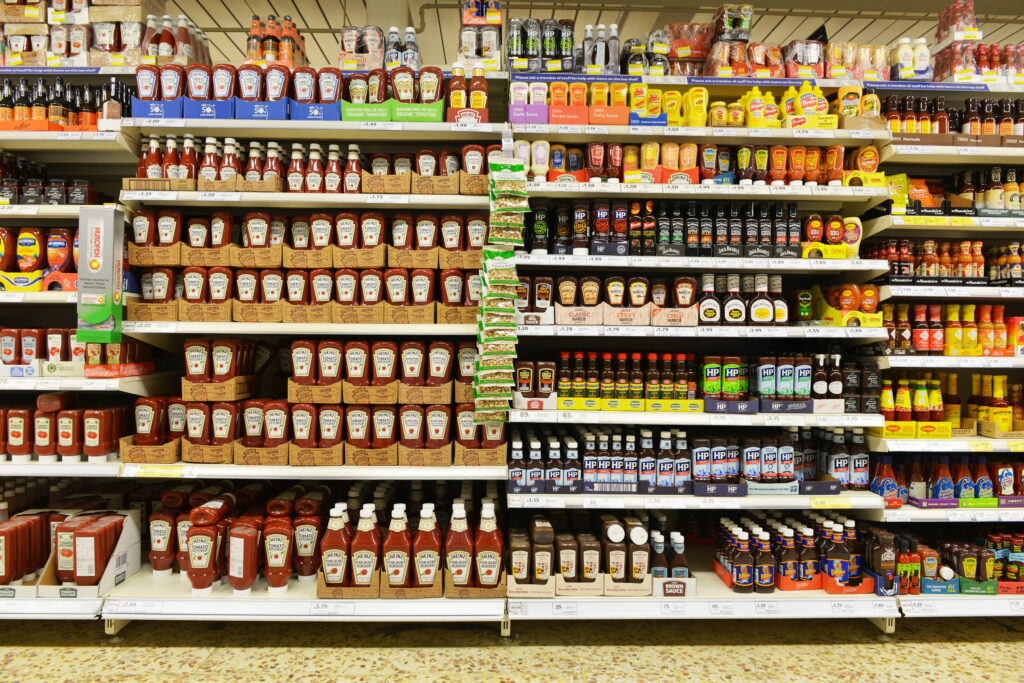The tenth anniversary of the adoption of the Landfill Directive in the EU (July 16, 2009) is also an opportunity for us to consider what comes next in order for waste to become a resource rather than a hindrance.
1. Restricting the location of landfill;
2. Tightening standards of operation; and
3. Restricting the types of waste that can be landfilled.
Whilst the first two requirements have ensured better management of landfill, the third, has required a significant shift in attitudes, moving industry and society from a ‘bin all' to a ‘reduce, reuse, recycle' approach.
Successes
The quantity of waste going to landfill fell by 23% in England and 29% in Wales between 2001 and 2007 with over 80% of the operational landfill sites in England and Wales being closed.
Where landfill sites remain operational, the Environment Agency has introduced a classification system which has enabled us to regulate what goes to landfill and ensure that all waste is pre-treated to the appropriate standards before being landfilled.
Valuable materials, such as tyres have been banned from landfill and significantly less hazardous and biodegradable waste now goes into our landfill sites.
All of these tightened standards, together with progressive landfill tax increases are helping to support the development of alternative technologies.
Remaining Challenges
Challenges remain in both the management of current landfill sites and the further reduction of waste going to landfill. The bigger picture is now about resource management. There are huge opportunities for the environment and for business, if we can maximumise the use of waste as a resource.
Many of the natural resources that we have taken for granted in recent history are running out. For example, tin has an estimated 17 year supply, titanium (used in mobile phones) is expected to run out in 20 years, and iridium (used in PC monitors) will run out in no more than 13 years. This scarcity means that many waste materials are valuable commodities that can be reused or recycled into new products in a commercially viable manner. Regulations policed by the Environment Agency ensure that this happens in a way that does not damage the environment or human health.
Alternatives to Landfill
The most favourable solution to reduce landfill is to use and reuse products for as long as possible in order to get maximum value out of them before they require recycling or disposal.
Saying that, the steps taken in recent years to improve the amount we recycle deserve much praise. The growth of recycling in the UK over the last decade has been a terrific success story, with almost 10 million tonnes of waste recycled in the UK every year.
However, as is often the case, more still needs to be done. The Environment Agency works closely with WRAP, to encourage recycling and we're committed to supporting growth in this industry. Despite the difficult economic conditions faced by the materials market, recyclable and recycled materials continue to reach markets in the UK and overseas. According to WRAP, 95% of all material put out for recycling by households is recycled.
The message here is that recycling is worth it and must continue.
The public are now able to recycle an increasing range of materials with retailers having to provide take-back facilities for items such as waste electronic and electrical equipment (WEEE) and, in due course, batteries. Last year, over 420,000 tonnes of WEEE was separately collected in the UK and sent for reuse, or treatment and recycling. With the Government, we are looking at what further steps are needed to improve our recycling.
The Future
The vision for the future is that landfill becomes a last resort. There is still much to do in reaching this goal.
The Landfill Directive was never expected to eradicate landfill completely, but it has set us on a firm course in the right direction. We need to continue our efforts to do everything possible to get to a point where we no longer need landfill sites in the UK. With growing pressure from diminishing landfill capacity, there is little time to waste in winning this battle.
I'd like to take this opportunity to thank everyone who has contributed in whatever way, however small, to the achievements of the last 10 years, and ask for your continued support in overcoming the challenges in making landfill a thing of the past.









Subscribe for free